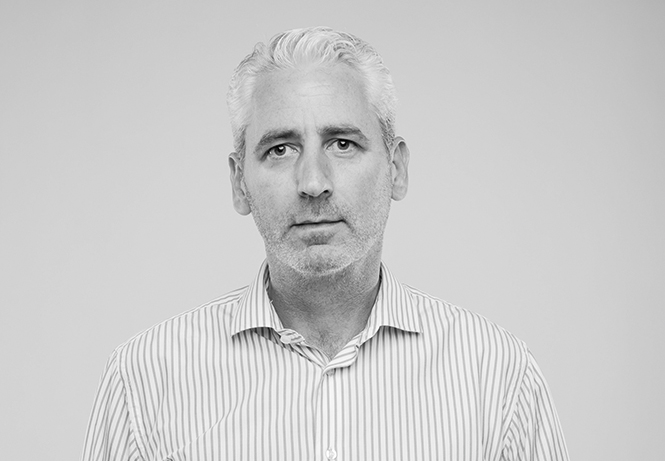The first suicide prevention hotline in Ukraine’s history turned four in October 2023. Since it was launched in 2019, Lifeline Ukraine has proven increasingly necessary as Ukrainians struggle with the mental health challenges posed by Russia’s full-scale invasion.
When I was tasked with creating Lifeline Ukraine, I knew nothing about suicide prevention. I am not a psychologist. In one of my earliest meetings on the topic, I was struck by two things: the first was that the reason Ukraine did not yet have such a helpline was because nobody had taken responsibility for the project; the second was something called the 15-minute “golden window” when dealing with a critical call. “If you start a call with someone who is suicidal, and you are still talking with that person 15 minutes later, you can pretty much say that you have saved that life,” I was told. The idea that the right kind of help could save lives in such a short space of time convinced me that establishing a helpline was a worthwhile initiative.
The 15-minute golden window concept is relatively simple to understand. When a person is experiencing suicidal thoughts, they are in an emotionally charged situation. But as humans, our instincts are deeper than our emotions, and one of our primary instincts is survival. So while our consultants are helping a caller in crisis, they are helping them make it through to a time when their emotions subside, allowing their survival instinct to once again become dominant. That is at the heart of what we do. Over the course of the past four years, we have answered calls or chats from people in crisis over 77,000 times.
Initially, Lifeline Ukraine was designed to provide emotional support for the hundreds of thousands of veterans who had fought against the Russian invasion of eastern Ukraine since 2014. When I began making plans for Lifeline Ukraine, I identified three goals: to incorporate best international practice, evolve into a national suicide prevention hotline for all Ukrainians, and serve as a catalyst for a broader national discussion on mental health.
Those goals are being met. Lifeline Ukraine now serves Ukrainians from all walks of life and provides support in a wide range of circumstances. As one of the resources listed by Ukrainian First Lady Olena Zelenska’s “How Are You?” initiative, we are acknowledged as an essential part of Ukraine’s national mental health infrastructure.
The onset of Russia’s full-scale invasion in February 2022 has brought about a range of major challenges for Lifeline Ukraine. Initially, some of these challenges were practical. While we had always worked from a central call center in Kyiv (even during the Covid pandemic), many colleagues left in the wake of the Russian invasion. Some traveled to other parts of Ukraine or crossed into the EU. Others enlisted in the military. Despite this disruption, we have never failed to provide support around the clock to those in need. Lifeline remains one of the only hotlines in Ukraine operating 24/7. This is essential because people often have their darkest thoughts at night.
While Lifeline Ukraine’s core mission is preventing the loss of life by suicide, our work extends further. This is reflected in the additional training we undertook in 2022. Ukraine’s victory in the Battle of Kyiv and the liberation of the northern parts of the country revealed the sickening realities of Russian occupation, including the widespread practice of subjecting people in occupied areas to brutal sexual violence. Our team has worked to improve their knowledge of the issue, knowing that the victims might find their way to us for support. And they do.
In addition to this, the Lifeline Ukraine team have also sought training to help strengthen our ability to support people who are displaced by war, and to understand how younger people and women are specifically affected by the invasion. We have worked to improve the support we provide for people who are bereaved, as well as those affected by PTSD. We provide emergency support to people dealing with a wide range of emotional crises, and have been called upon to do so much more often since the start of Russia’s full-scale invasion.
Before February 24, 2022, Lifeline Ukraine provided approximately 1,000 instances of support per month. By summer 2023, this monthly average had almost quadrupled to just under 4,000. We have worked hard to accommodate this dramatic increase, and are currently in the process of adding to the size of the Lifeline Ukraine team. Generations of Ukrainians will live with the mental health issues created by Russia’s invasion for decades to come. It is vital for the future well-being of the country that we provide as much support as possible now.
